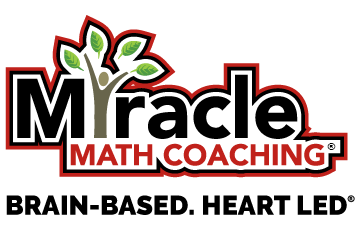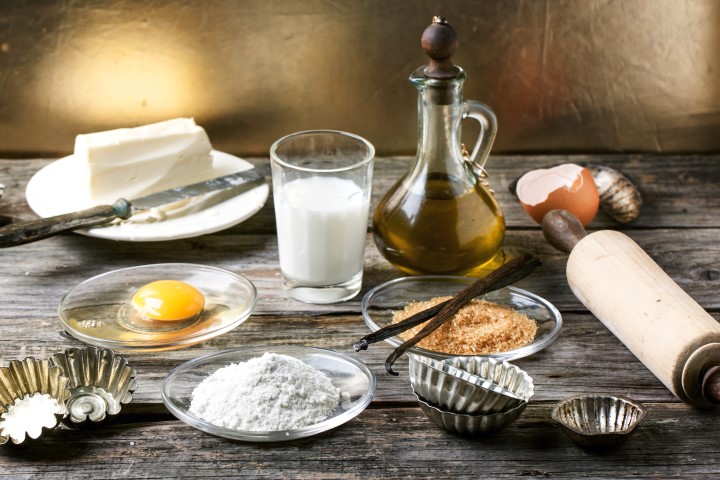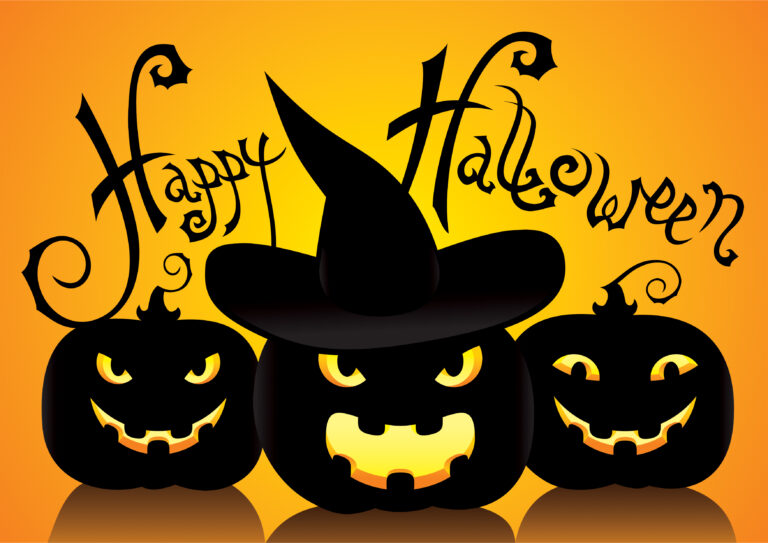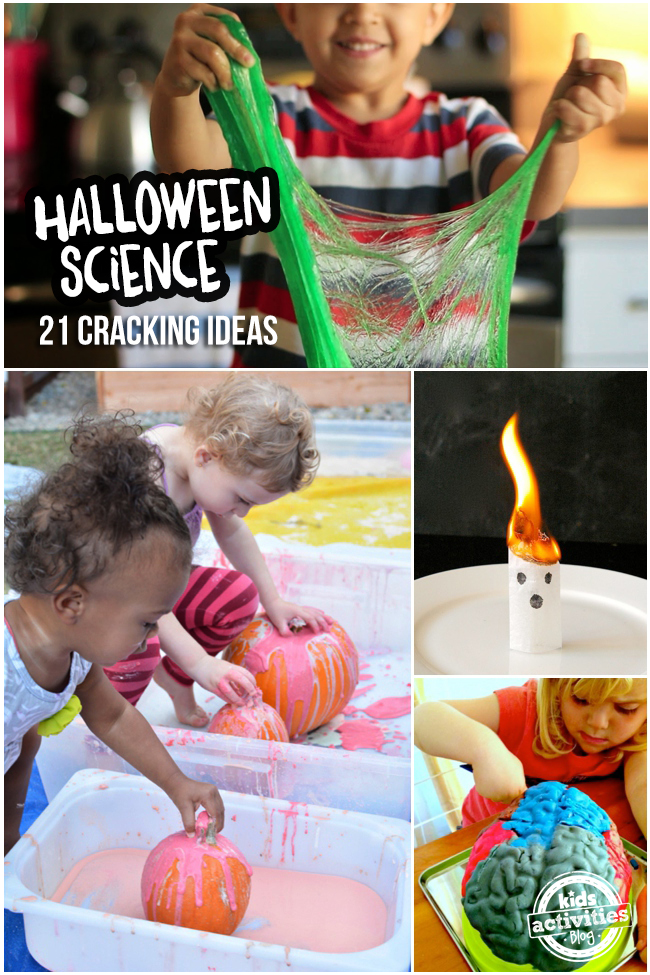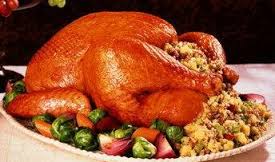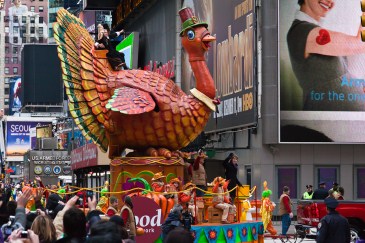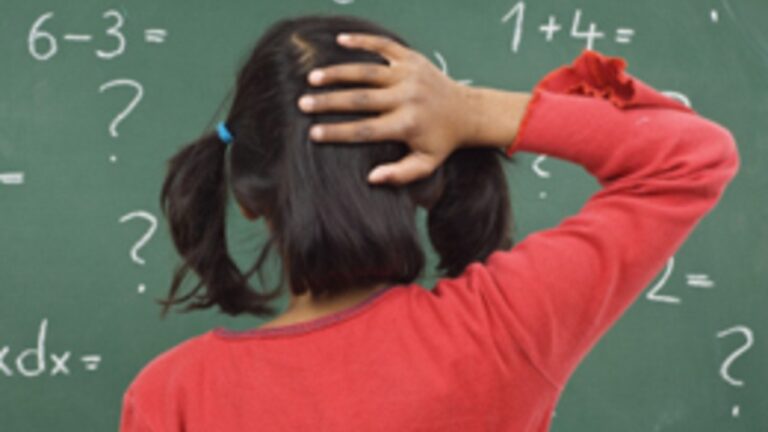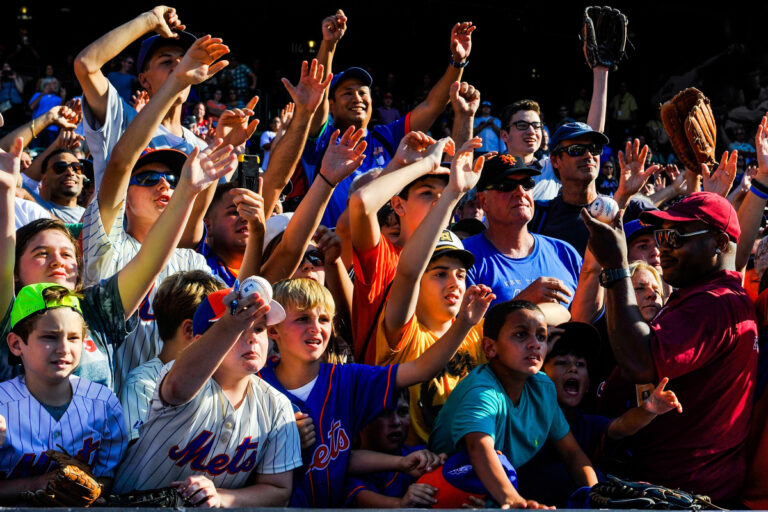Measuring Ingredients Helps Math Skills
It is a known fact that kids absolutely love to cook, to bake, and to engage in experimentations with food! They love measuring ingredients as well.
Engaging in activities in the kitchen are not only beneficial to their well-being and helpful in terms of developing life skills, but, also aids in developing fine motor skills, improves their understanding of sequencing, and helps a child to learn how to appropriately follow directions. There are many opportunities for a child to obtain scientific knowledge in the kitchen and to improve their reading skills.
Additionally, it is possible for parents to extract even more learning opportunities in the kitchen and that is through encouraging the use of measurement utensils and engaging in measuring various types of food products and liquids. Measurements in the kitchen will aid in improving a child’s math skills.
There are wide assortments of measurements that occur in the kitchen. These include tablespoons, teaspoons, cups, pints, quarts, pounds, centimeters, inches, fluid ounces, gallons, liters, grams, and ounces. Quite a bit, isn’t it? How often do you really stop and consider how often that you have to count, to measure, to estimate, and to compare when you are preparing meals and beverages for your family?
If you did, you would be absolutely amazed at the many opportunities that are available when it comes to helping your child learn the basics associated with numbers, counting, and measurements. Kids love to help their parents – especially when it comes to baking up cookies, icing up a cake, or making a favorite meal. By using these opportunities to connect with your child, you may also enhance their understanding of measurements in mathematics.
Math is all about measurement. Each time that you perform a task in the kitchen, you will have the need to measure. When you allow your child to engage in the act of using utensils to measure, you have the opportunity to teach your child how to make comparisons and how to make estimations.
Furthermore, measuring ingredients help a child to see the relationships between the “parts” and the “wholes”. Regardless of the concoction that you are attempting to make together, a child that is exposed to measurements in the kitchen will also need to add and subtract. While all of these skills seem rather simplistic, they are absolutely essential in terms of learning the more complex mathematical skills that will be presented to them as they advance through school – such as those outlined in pre-algebra and those that are part of geometry.
In cooking, mathematic measurements are used when measuring ingredients necessary in the correct level of proportions and the appropriate ratios. All recipes are created to serve a certain number of people, so, math measurements are important to determining how much of the ingredients are needed to either increase or decrease the final yielding amount.
Miracle Math Coaching utilizes a large number of real-world problems that help students improve both their math skills and their life skills.
If your child struggles to grasp mathematical concepts or you would like to see them acquire a newfound interest in math, visit us today to learn how we can help: http://miraclemathcoaching.com/about-us/
